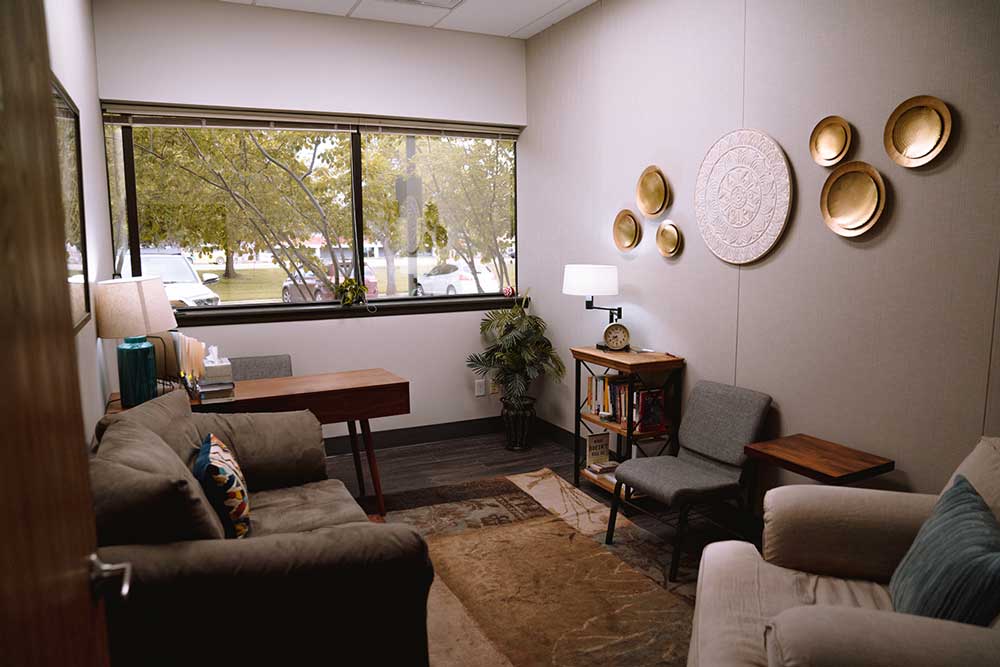
It is completely normal for families and friends to want to help loved ones overcome the effects of substance use disorder (SUD) to create a healthier, sober life. However, there is a very fine line between effectively helping loved ones and inadvertently enabling self-destructive practices. Even the most well-meaning supportive action can potentially have more negative effects than positive ones. Knowing the difference between supporting and enabling is necessary to embrace the best, more effective strategies to support a loved one’s goals for a healthy and sustainable sober life.
The Role of Supports
Supports play an integral role in healing and overcoming addiction. SUD affects not just individuals, it affects entire families. From changes in the home atmosphere to damage to important relationships, entire families have to be invested and dedicated to change to create the needed profound and sustainable sober transformation. However, this also means that families are always involved in some way throughout the recovery process, both in the actions they take to support as well as the actions that they do not take. Ensuring that each person’s behaviors reflect the needed sober change to create the best opportunity for sustained healing is necessary for genuine and sustainable sober change.
Identifying the Difference Between Supporting and Enabling
The difference between supporting and enabling can be difficult to grasp. However, it is also paramount throughout the recovery process. While both actions can come from a desire to help those in recovery address their stresses and continue toward their sober goals, the mentalities and behaviors associated can have very different connotations for a loved one’s continued sobriety.
Understanding Enabling Practices
Enabling is taking any kind of action for an individual that they can otherwise do for themselves. For example, these include covering financial expenses, tending to chores or responsibilities, or other things that are important throughout daily life. While looking to cover various tasks or expenses for another can be something birthed from a genuine desire to support, it fundamentally takes away from those in recovery looking to develop their own life skills and tend to their responsibilities in daily life in sobriety.
Likewise, enabling can also be inaction in the face of certain behaviors. Failing to hold another accountable for their actions or behaviors, making excuses for an individual, or even putting a person’s own needs on hold to tend to the perceived or assumed needs of another can all be enabling practices that can lead to unhealthy relationships and the stunted development of a healthy sober life.
Enabling can also be taking action for a loved one without them knowing, or assuming certain tasks need to be filled for another without first consulting their needs. Hiding behaviors or favors from loved ones in recovery can compromise their own progress and create an unrealistic understanding of daily sober life that can unnecessarily open an individual up to high-risk situations or relapse.
Embracing Effective Supporting Behaviors
Effective support, however, is any action that is taken to encourage a friend, family member, or loved one to help them overcome a particular stress or challenge. This includes providing the motivation, perspective, or other resources to help those in recovery accomplish the task themselves rather than simply doing it for them. For example, rather than financially covering certain expenses for those in recovery when not necessary, such as with groceries or other necessities, sitting down and helping to develop a strict and clear budget and providing assistance in balancing finances can instead promote the necessary skills while effectively accomplishing the same goal.
The Role of Accountability in Recovery
Effectively supporting another also means being able to hold them accountable for their actions and behaviors in recovery, as well as help them reconcile their behaviors and the ramification of their past use of drugs or alcohol. Dismissing behaviors or consequences of use can be wholly detrimental. While wanting to uplift and support a loved one all throughout recovery is admirable, holding others accountable for their actions is a core part of embracing a new life while creating a plan for the future.
However, holding friends, family, or loved ones accountable can also have positive consequences. Just as those in recovery are responsible for their own behaviors and mistakes, they are equally as accountable for each of their accomplishments. Supporting means helping those in recovery accomplish their own sober goals and providing the resources for them to reach their next sober milestone.
Engaging in Recovery Together
Recovery is a familial affair, and finding the right program dedicated to familial healing is necessary for the wholly transformative journey ahead for all. Dedicated outpatient programs that embrace a community of healing and support are instrumental in helping individuals and families reach a level of understanding about addiction and establishing the most effective and personalized support techniques while avoiding potentially destructive enabling practices. Outpatient programs can also help those in recovery best interact with supports throughout their journey while still providing a support network of professionals and peers to overcome the challenges of recovery that lie ahead.
Knowing the difference between supporting and enabling is necessary for effectively supporting a loved one through their recovery. At Redpoint, we take a familial and communal approach to healing, providing education and guidance not only to those overcoming substance use disorder but also to their families to create a comprehensive approach to change. Addiction affects entire families. However, with effective familial healing and education through our outpatient programs, it is always possible for families to heal together at any of our Colorado locations. For more information on how we can personalize your time with us, or to speak to a caring, trained staff member about your unique needs and goals in recovery, call us today at (303) 710-8496.











